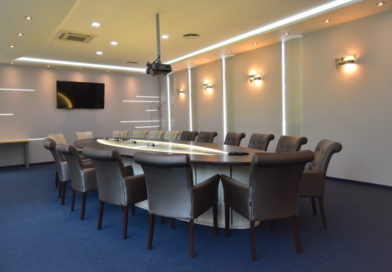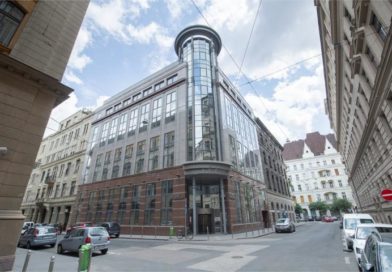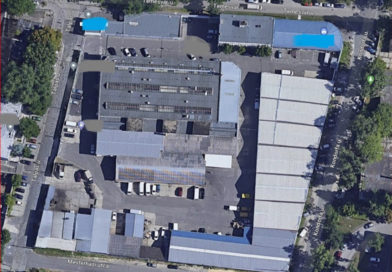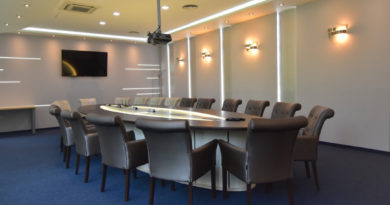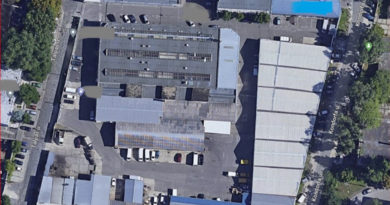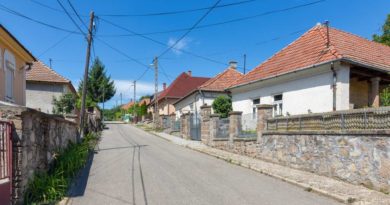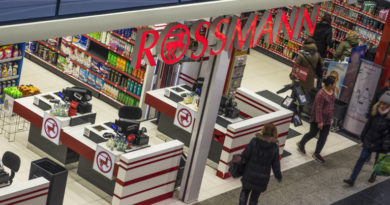60% of Total Hotel Investment Volumes in 2011 were transacted as Single Asset Deals across EMEA
2011 proved to be another active year for both investors and hoteliers in Europe, the Middle East and Africa (EMEA) despite increasing uncertainty surrounding the Euro crisis in the second half of 2011. At year-end, investment volumes across the region totalled €8.1 billion, a 5% increase on 2010 levels according to the Hotel Investment Highlights report by Jones Lang LaSalle Hotels.
Jonathan Hubbard, CEO Northern Europe Jones Lang LaSalle Hotels said, “In 2011, the market saw a flight to quality. Trophy assets in key gateway cities achieved record prices, widening the pricing gap between primary and secondary assets. Major trophy hotels were acquired by Middle Eastern and Asian investors, primarily high-net-worth-individuals (HNWIs) and sovereign wealth funds, despite the high costs per key and the low yields achieved in such investments.”
2011 saw a growth in portfolio transaction volumes, which increased by 16% compared to 2010. This growth was underpinned by the sale of two hotel portfolios, the Mint and the European InterContinental portfolios, which sold for €698 million and €450 million respectively. Christoph Härle, CEO Continental Europe Jones Lang LaSalle Hotels commented: “Despite the marked improved growth in portfolio transactions across the year, the majority of transactions were single asset deals which accounted for 60% of the entire hotel investment volume in 2011. Around 78% of all transactions had a purchase price below €50 million, with only 3% being above €200 million.”
The most liquid market in EMEA was again the UK, with a total transaction volume of €2.9 billion at year end 2011. In second place was France with a transaction volume of €1.1 billion, followed by Germany with a transaction volume of about €800 million.
One of the enduring themes in 2011 was the increasing amount of debt restructuring deals. Many financial institutions, especially in the UK and Ireland, have started to work through their balance sheets and have sold assets to improve their capital positions. They, therefore, took a stronger stance in bringing hotels into insolvency positions either through receiverships or administrations. Hubbard said: “Despite the increase in debt induced sales in 2011, this was primarily confined to the UK and Ireland. However, other European markets are predicted to follow suit, due to the mounting pressure from European and governmental institutions on banks to increase their capital ratios.”
Growth in trading fundamentals in most EMEA markets was one of the main drivers of hotel investment activity in 2011. Härle commented, “It must be noted that, although growth in hotel performance was impressive in 2011 it often came from a very low base. In many markets, average room yields are still well below the peaks achieved before the crisis of 2008 and 2009. The pace of growth in hotel performance also slowed significantly in the fourth quarter of 2011 and growth is expected to remain relatively weak in 2012.“
Jones Lang LaSalle Hotels predicts hotel transaction volumes in EMEA to remain stable at roughly €8.1 billion in 2012. The hotel investment market will see a continued increase in debt induced sales, as banks press ahead to reduce their exposure to real estate debt. In particular, loan sales are anticipated to become more dominant, having become a quick and efficient way for banks to deleverage. Furthermore, the number of distressed properties being offered for sale is likely to increase, especially in secondary markets. Various regional owners will be encouraged to sell their assets due to continued weak trading performance, leaving margins under increasing pressure.
Sovereign wealth funds and HNWIs will continue to buy quality assets in key gateway cities. These equity rich investors are not exposed to the same extent to the debt/financing difficulties that other institutions are currently facing, with loan to value ratios typically between 50% and 60%. These investors also have the advantage of being able to obtain financing from banks in their home country.
Härle concluded, “What is predicted to dampen hotel investment activity is the on-going sovereign debt crisis. The overall uncertainty has made investors more cautious and this is expected to continue until European politicians restore stability and confidence in the European markets.”
Benjamin Perez-Ellischewitz, Head of Capital Markets at Jones Lang LaSalle Hungary added: „During 2011 two 5-star hotels were transacted in Hungary, the InterContinental and the Four Seasons, representing more than €100 million of investment, a record volume in the hotel sector. Last time such prime hotel building was sold in 2008, when the ownership of Le Meridien was restructured with the help of Jones Lang LaSalle.”


